PM presents draft budget
Prime Minister Mirko Cvetković said today that about USD 2bn would be allocated next year for measures to stimulate the country's economy.
Tuesday, 09.12.2008.
12:04

Prime Minister Mirko Cvetkovic said today that about USD 2bn would be allocated next year for measures to stimulate the country's economy. “More than EUR 500mn of fresh capital will be injected directly into the economy, while the remaining amount will be paid through loans and funds directly into the economic sector ,” Cvetkovic told a news conference. PM presents draft budget He underlined that in regards to incentive measures, sources should be distinguished, which included both the budget and funds from international financial institutions. Cvetkovic specified that the budget included guarantees worth EUR 590,000, which the state would pay out to companies in the event of a deterioration of business operations in conditions of the global financial crisis. Within the budget, total exports of EUR 221,000 were planned, to be managed by the Development Fund, as well as capital investment funds worth EUR 473mn, which would be spent on infrastructure, said the prime minister. The government unanimously adopted the draft budget on Saturday. Under this proposal, Serbia's state coffers will next year see EUR 8.2bn of revenue, and EUR 8.8bn of expenditure. That means that the projected deficit will reach EUR 600mn, in line with the 1.5 percent GDP mark, previously agreed on with the IMF. Next year’s budget will be very restrictive, with the goal of limiting public spending and cushioning the negative impact of the world financial crisis. The budget is based on the implementation of the Stabilization and Association Agreement (SAA) next year, a fall in customs revenue on cars of some EUR 200mn, and the government’s participation in the joint venture with Fiat. The government decided that pensions would be increased by 10 percent as scheduled, but would not be increased again if the financial crisis continued throughout the entire year. In order to offset the losses from the unilateral SAA implementation, excise taxes on fuel derivatives, cigarettes, beer and coffee will be raised and dividends from the public companies will also be paid out. Public sector salaries could grow in line with the planned inflation rate of about eight percent, while subsidies for utility, agricultural and railway companies will fall by 15 percent. Mirko Cvetkovic (FoNet)
PM presents draft budget
He underlined that in regards to incentive measures, sources should be distinguished, which included both the budget and funds from international financial institutions.Cvetković specified that the budget included guarantees worth EUR 590,000, which the state would pay out to companies in the event of a deterioration of business operations in conditions of the global financial crisis.
Within the budget, total exports of EUR 221,000 were planned, to be managed by the Development Fund, as well as capital investment funds worth EUR 473mn, which would be spent on infrastructure, said the prime minister.
The government unanimously adopted the draft budget on Saturday.
Under this proposal, Serbia's state coffers will next year see EUR 8.2bn of revenue, and EUR 8.8bn of expenditure.
That means that the projected deficit will reach EUR 600mn, in line with the 1.5 percent GDP mark, previously agreed on with the IMF.
Next year’s budget will be very restrictive, with the goal of limiting public spending and cushioning the negative impact of the world financial crisis.
The budget is based on the implementation of the Stabilization and Association Agreement (SAA) next year, a fall in customs revenue on cars of some EUR 200mn, and the government’s participation in the joint venture with Fiat.
The government decided that pensions would be increased by 10 percent as scheduled, but would not be increased again if the financial crisis continued throughout the entire year.
In order to offset the losses from the unilateral SAA implementation, excise taxes on fuel derivatives, cigarettes, beer and coffee will be raised and dividends from the public companies will also be paid out.
Public sector salaries could grow in line with the planned inflation rate of about eight percent, while subsidies for utility, agricultural and railway companies will fall by 15 percent.










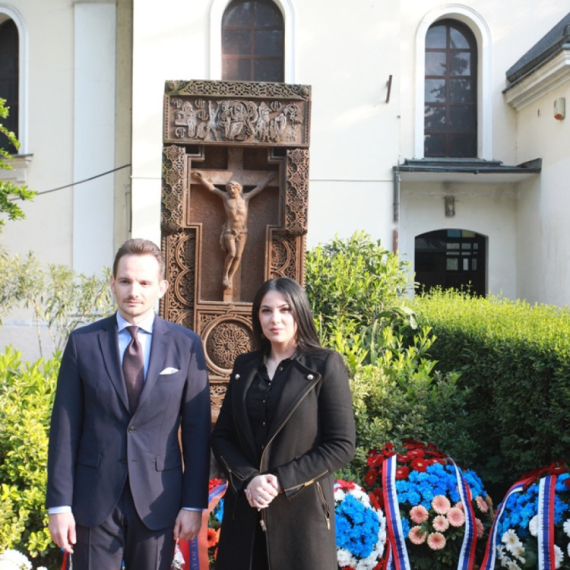
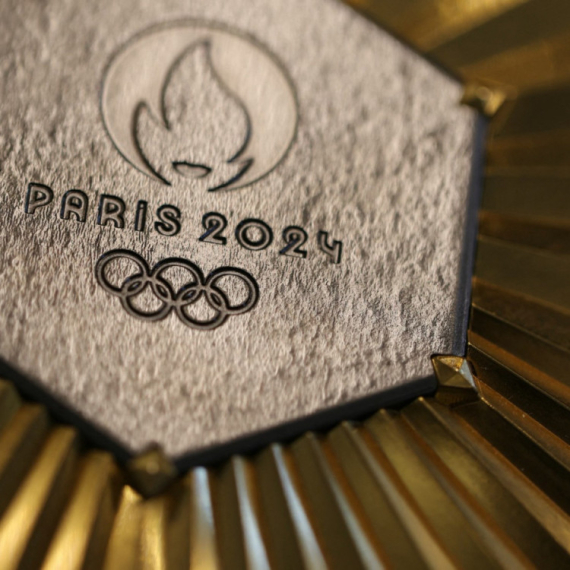

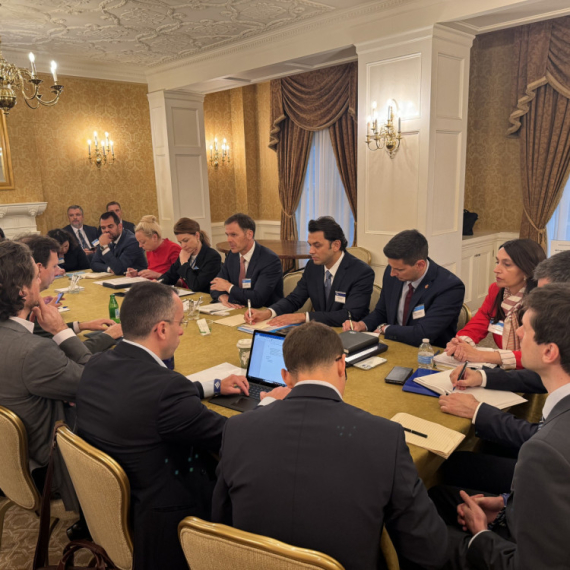
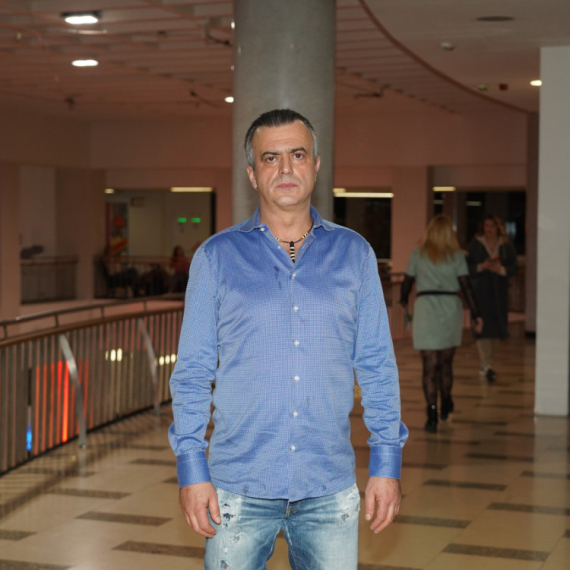
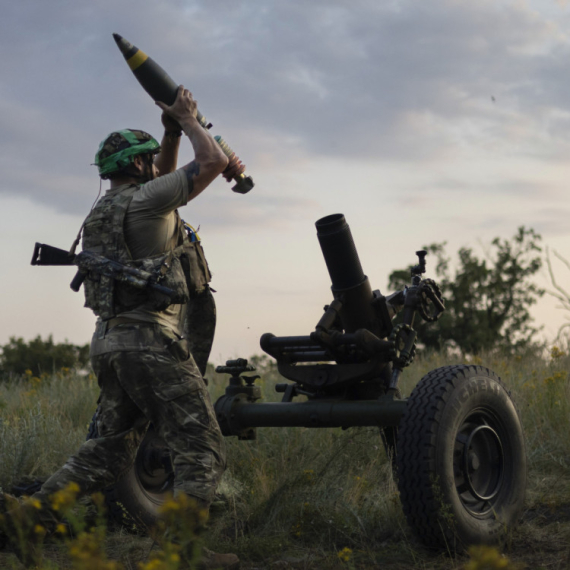
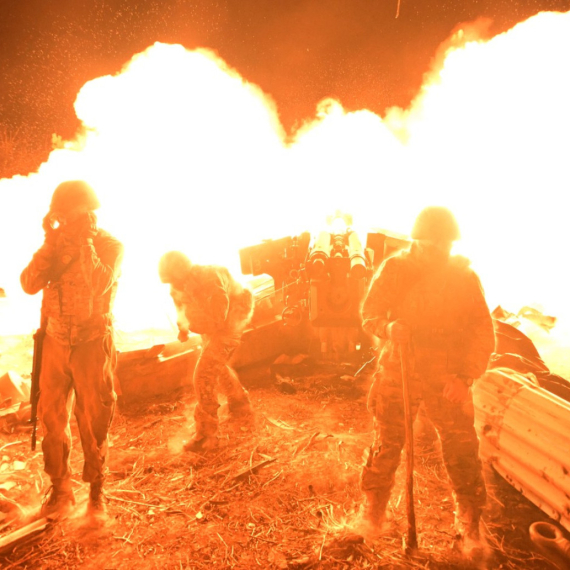
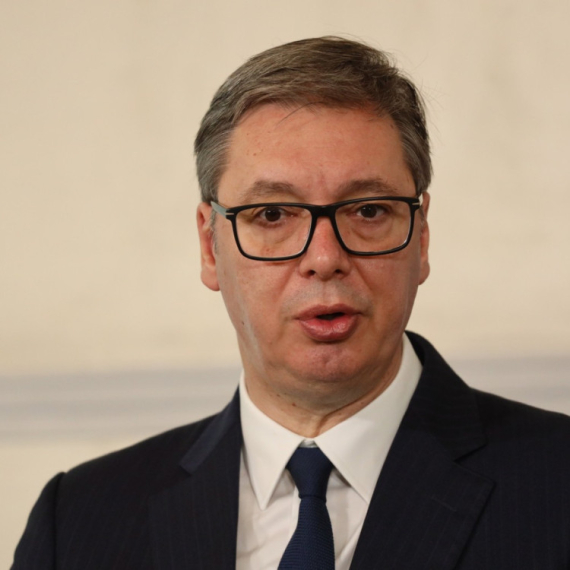

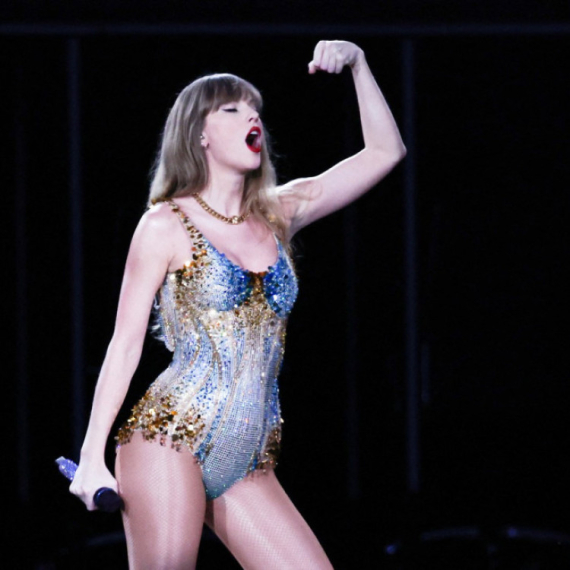
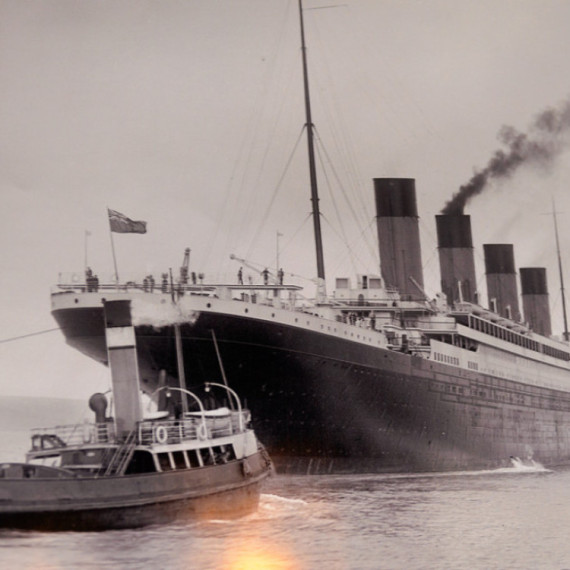





































Komentari 0